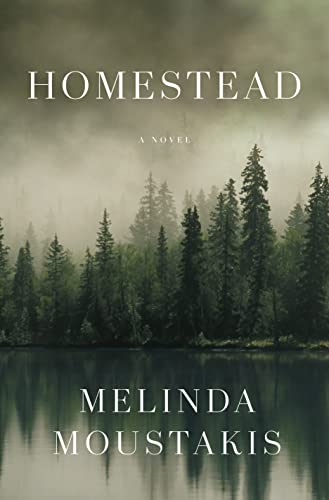American Midnight by Adam Hochschild
The country was in danger. Black churches were destroyed by mobs. Thousands of people were imprisoned by courts for their ideas, some of which were expressed in private in one noteworthy instance. Tens of thousands of citizens were arrested by self-appointed vigilantes. 75 newspapers and publications were compelled to shut down and have mail delivery prohibited. When the government intervened, it frequently did so to fuel the fires.
This was America during and immediately following the Great War: a brief but horrifying period marked by lynchings, censorship, and the cruel, sometimes fatal, treatment of conscientious objectors in military prisons—a period whose poisonous currents of racism, nativism, red-baiting, and disdain for the rule of law then flowed directly through the intervening decades to poison our own.
American Midnight by Adam Hochschild
Free shipping
A colourful cast of characters, including the sphinx-like Woodrow Wilson, the ferocious antiwar activists Kate Richards O’Hare and Emma Goldman, labour leader Eugene Debs, a little-known but ambitious bureaucrat named J. Edgar Hoover, and an outspoken left-wing agitator—who was actually Hoover’s star undercover agent—characterized the turbulent period. We have largely forgotten about it up until this point.
Award-winning historian Adam Hochschild’s book, American Midnight, vividly depicts the terrifying yet inspiring four years that followed the United States’ entry into World War One. Hochschild highlights long-forgotten repression while also honouring an unforgettable group of Americans who worked to mend their divided nation and demonstrates how their struggles continue to inspire us today.
The renowned historian Adam Hochschild offers a “masterly” (New York Times) reevaluation of the underappreciated but startlingly significant time between World War I and the Roaring Twenties when violence stoked by conflicts over racial, immigrant, and labour rights threatened the very foundations of American democracy.
Before, during, and after World War I, many Americans so long ignored the interconnected threads of political repression, racism, xenophobia, economic hardship, social upheaval, domestic surveillance, and capital dominance. Hochschild brilliantly identifies, disentangles, and then connects these threads. Our historical attention has typically been on the war itself and its consequences, such as how that unprecedented war started to rethink this country’s role in the world. The harsh and undemocratic behaviour of government and industry at home, however, stood in stark contrast to the administration’s proclaimed goals overseas while under the cynical eye of the Wilson administration and with the prelude of American military endeavours in Cuba and the Philippines.


 Amazon.com
Amazon.com 




